Post details
99 Dev Problems features candid developer conversations on challenges, career growth, and tech trends. With insights, stories, and solutions from those in th...

99 Dev Problems features candid developer conversations on challenges, career growth, and tech trends. With insights, stories, and solutions from those in th...

I recently chatted with Andrew Nesbitt about his project, Ecosyste.ms. Ecosyste.ms catalogs open source projects by tracking packages, dependencies, repositories, and more. With this dataset Andrew is able to incredible insights into the world of open source. We chat all about how Ecosyste.ms works and how he manages to wrangle all this data. The show notes and blog post for this episode can be found at

Lessons from 100+ DevTool founders - DevTools successes, failures and stories in a free weekly email and podcast.

Listen to Ep 200: Ed Gamble and James Acaster (with special guest genie Rylan Clark) from Off Menu with Ed Gamble and James Acaster. As we round off another hundo, it’s time to flip the table once again and make Ed and James the guest diners in the dream restaurant. Have their choices changed over the last 100 episodes? And will they exploit as many loopholes as their first attempt? And, once again, the genie is transferring his powers to one of our favourite guests from the last century, Rylan Clark!A massive thanks to Rylan for being our guest genie. A huge thank you to you all for listening to our stupid podcast over the last 200 episodes. And an extra special thanks, as per, to No Context Off Menu, for memeing the heck out of us (follow them @nocontxtoffmenu). Recorded by and edited by Ben Williams for Plosive.Artwork by Paul Gilbey (photography and design) and Amy Browne (illustrations).Follow Off Menu on Twitter and Instagram: @offmenuofficial.And go to our website www.offmenupodcast.co.uk for a list of restaurants recommended on the show.Watch Ed and James's YouTube series 'Just Puddings'. Watch here.
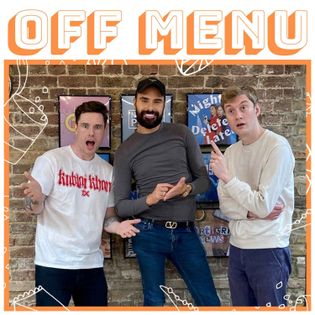
Service catalogs promise a lot of things: powerful automations, insights into your technology estate.But over the last few years, many of us have learned tha...

See why organizational awareness is an incident superpower with incident.io Product Engineer Lawrence Jones. Lawrence discusses the importance of leveraging organizational context during incident response. He emphasizes using structured data and service catalogs to enhance incident management by bringing valuable organizational knowledge directly to responders.

About the talk: Technical Documentation - How Can I Write Them Better and Why Should I Care?Gathering pieces of information for a task to deliver/modify a f...

Podcast Episode · Taskmaster The Podcast · 22/05/2025 · 49m

One hundred! The hundo! The big 1-0-0! In a milestone episode, Ed and James finally reveal their dream meals. And who better for the genie to transfer his powers to than Off Menu fave and this episode’s special guest host, Claudia Winkleman!
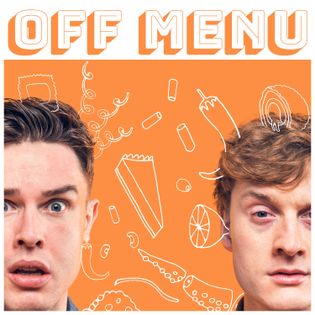
When technical systems fail at companies like Netflix or Etsy, every minute of downtime can cost millions. That's why incident.io is building AI systems that can automatically investigate and diagnose technical problems faster than human engineers. In this episode of The AI Adoption Playbook, Lawrence Jones, Product Engineer at incident.io, tells Ravin how they're creating an automated incident investigator that can analyze logs, traces, and metrics to determine what went wrong during an outage. He shares their methodical approach to AI development, focusing on measurable progress through evaluation metrics and scorecards rather than intuitive "vibe-based" changes. Lawrence also discusses the evolution of their AI teams and roles, including their newly launched AI Engineer position designed specifically for the unique challenges of AI development, and how they use LLMs themselves to evaluate AI system performance. Topics discussed: Building an AI incident investigator that can automatically analyze logs, traces, and metrics to determine the root cause of technical outages. Creating comprehensive evaluation frameworks with scorecards and metrics to measure AI performance against historical incident data. Using LLMs as evaluators to determine if AI responses were helpful by analyzing post-incident conversations and user feedback. Developing internal tooling that enables teams to rapidly test and improve AI systems while maintaining quality standards. Evolving from individual "vibe-based" AI development to team-based systematic improvement with clear metrics for success. Structuring AI engineering roles and teams to balance product engineering skills with specialized AI development knowledge. Implementing product-focused AI features like chatbots that can help automate routine tasks during incident response. Leveraging parallel human and AI processes to collect validation data and improve AI system performance over time. Building versus buying AI evaluation tools and the advantages of custom solutions integrated with existing product data. Exploring the future of AI in technical operations and whether AI will enhance or replace human roles in incident management. Listen to more episodes: Apple Spotify YouTube
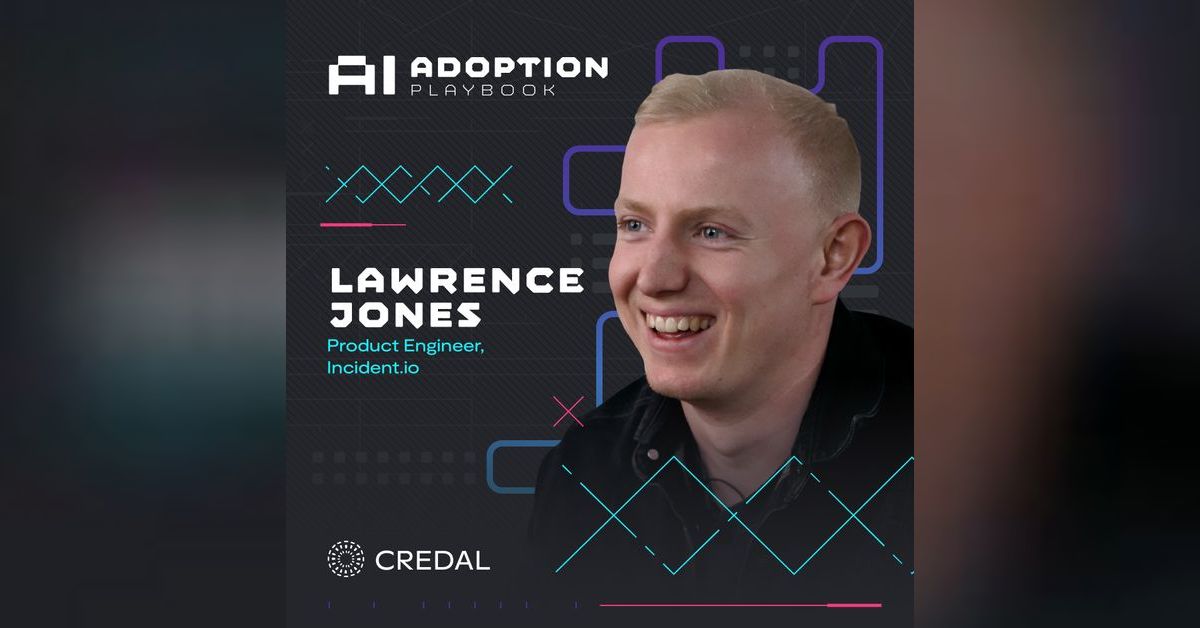
Preston Thorpe joins us from inside prison, where he awaits a hopeful release within the next 12 months. His journey has been anything but easy—marked by hardship and uncertainty. But over the past few years, Preston has undergone a profound transformation. He’s refactored not just his skills, but his identity. Today, ...
This episode was sponsored by Elastic! Elastic is the company behind Elasticsearch, they help teams find, analyze, and act on their data in real-time through their Search, Observability, and Security solutions. Thanks Elastic! This episode was recorded at Elastic's offices in San Francisco during...

We sit down with Scott Hanselman at Microsoft Build 2025 to discuss open sourcing all the things, cool stuff Windows can do, where we want (and don't want) AI to fit into our lives, building arcade cabinets, and so much more.
When it comes to building distributed systems, RPC and REST style interfaces aren't the only options. Events provide an alternative way to build a distributed system that can result in more robust ...
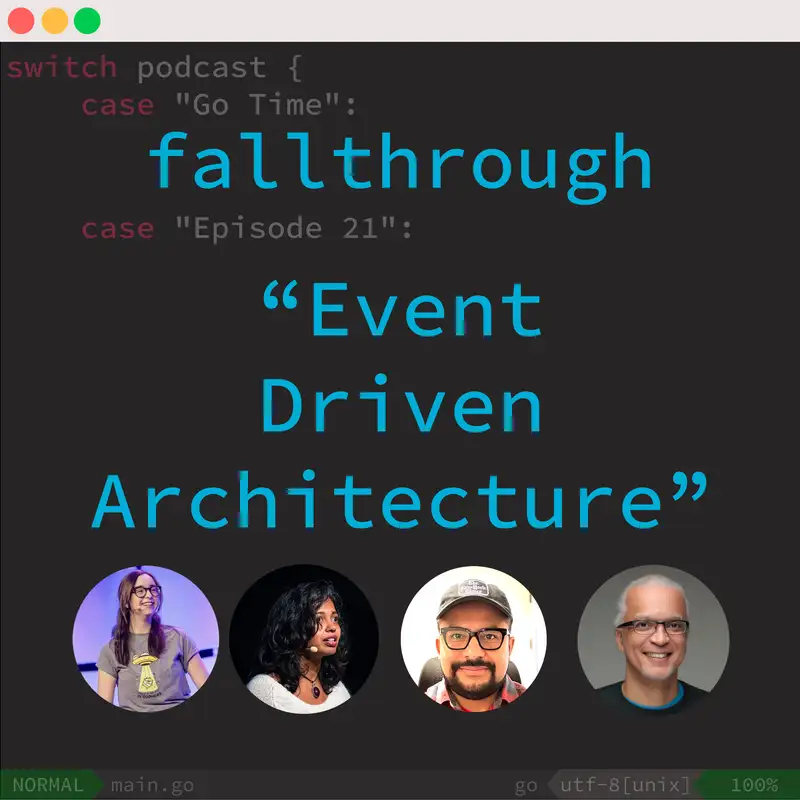
Daniel Stenberg, the maintainer of Curl, discusses the increase in AI security reports that are wasting the time of maintainers. We discuss Curl's new policy of banning the bad actors while establishing some pretty sane AI usage guidelines. We chat about how this low-effort, high-impact abuse pattern is a denial-of-service attack on the curl project (and other open source projects too). The show notes and blog post for this episode can be found at

It's easy to talk about everything when you've been writing software for half a century. Bhaskar has some amazing insights from his impressive career building software using everything from punch cards to AI. If you like learning about the past to understand the future, this is an episode you...
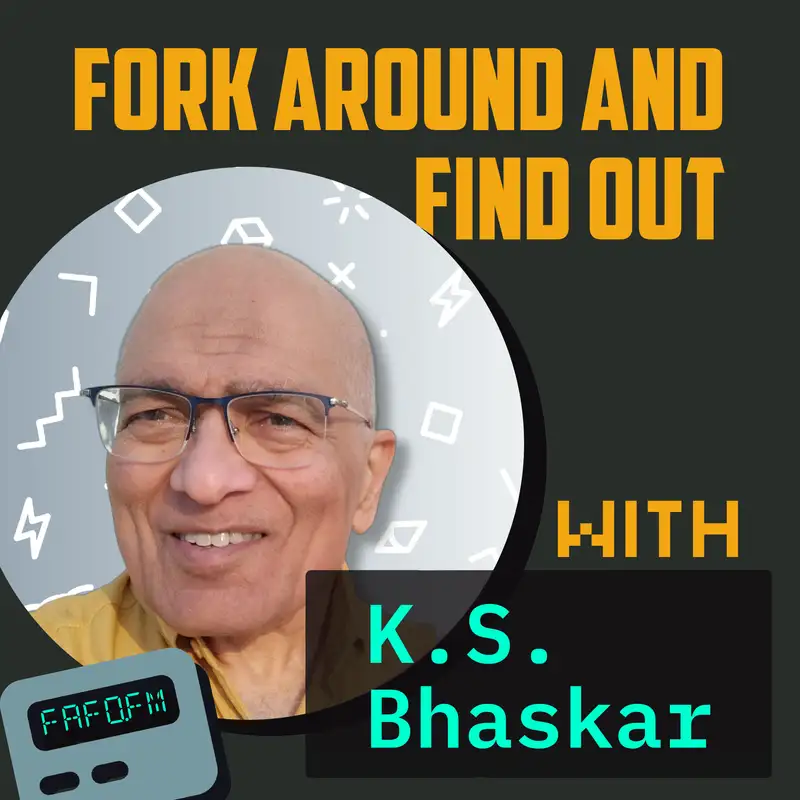
Podcast Episode · Taskmaster The Podcast · 15/05/2025 · 49m

Lessons from 100+ DevTool founders - DevTools successes, failures and stories in a free weekly email and podcast.

Go gets auditedBlog: Go Cryptography Security Audit by Roland Shoemaker and Filippo ValsordaDeeper dive into FIPS in Episode 89 with Alex Scheel✋ Proposal declined: x/exp/xiter: new package with iterator adapters⛺ Gophercamp video: Your code deserves better: give it a linter by Gabriel Augendre🏓...

Podcast Episode · Taskmaster The Podcast · 08/05/2025 · 51m

Ben and Andrew join host Richard to explore ecosyste.ms, a project using open source metadata to guide funding and support key projects with smart, ecosystem-aware algorithms.
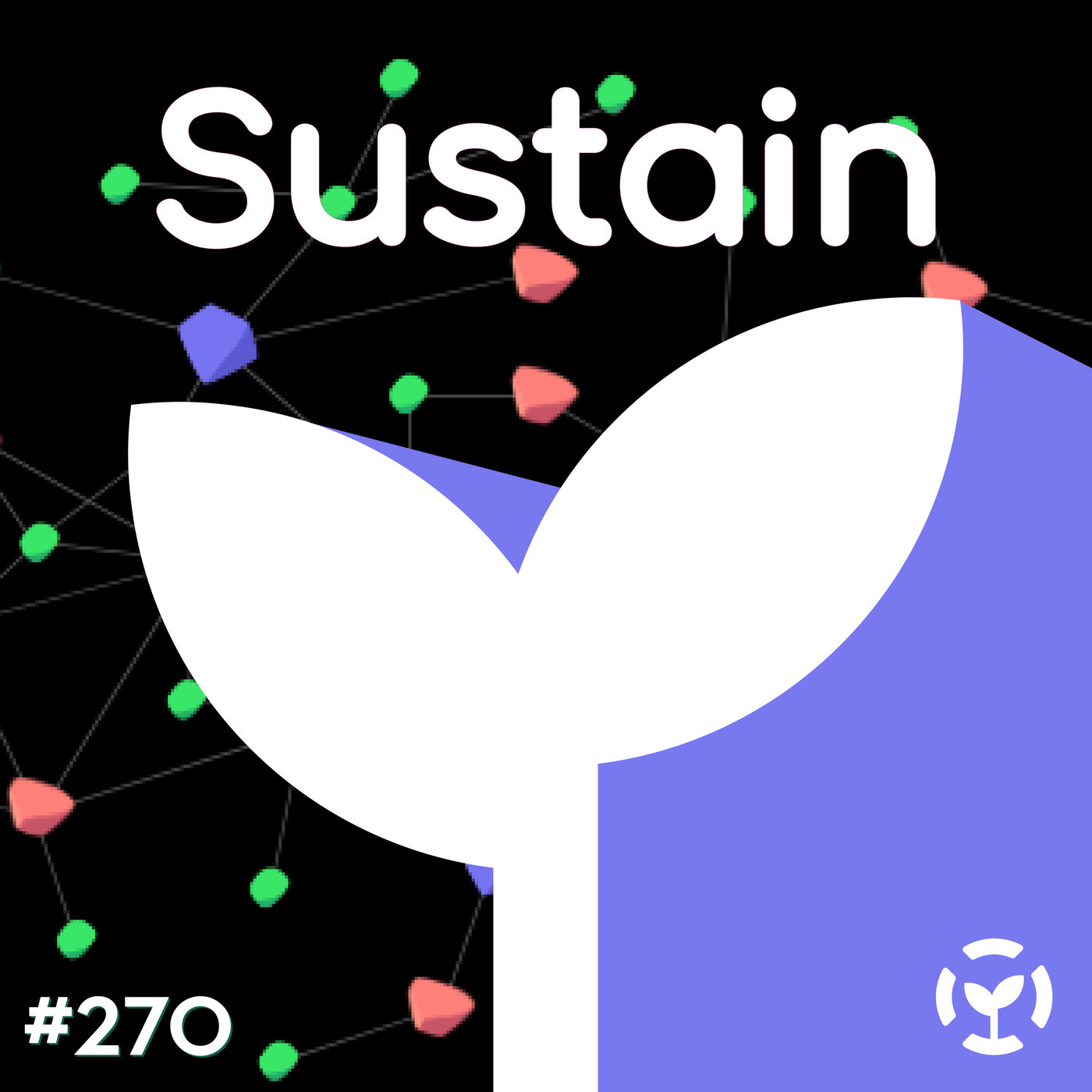
A star of “The Office” comes to our office to answer your most pressing questions about tech.

In this episode of the Distributed podcast features Matt Wynne, staff software engineer at Mechanical Orchard and a longtime advocate for Agile and Behavior-Driven Development (BDD)
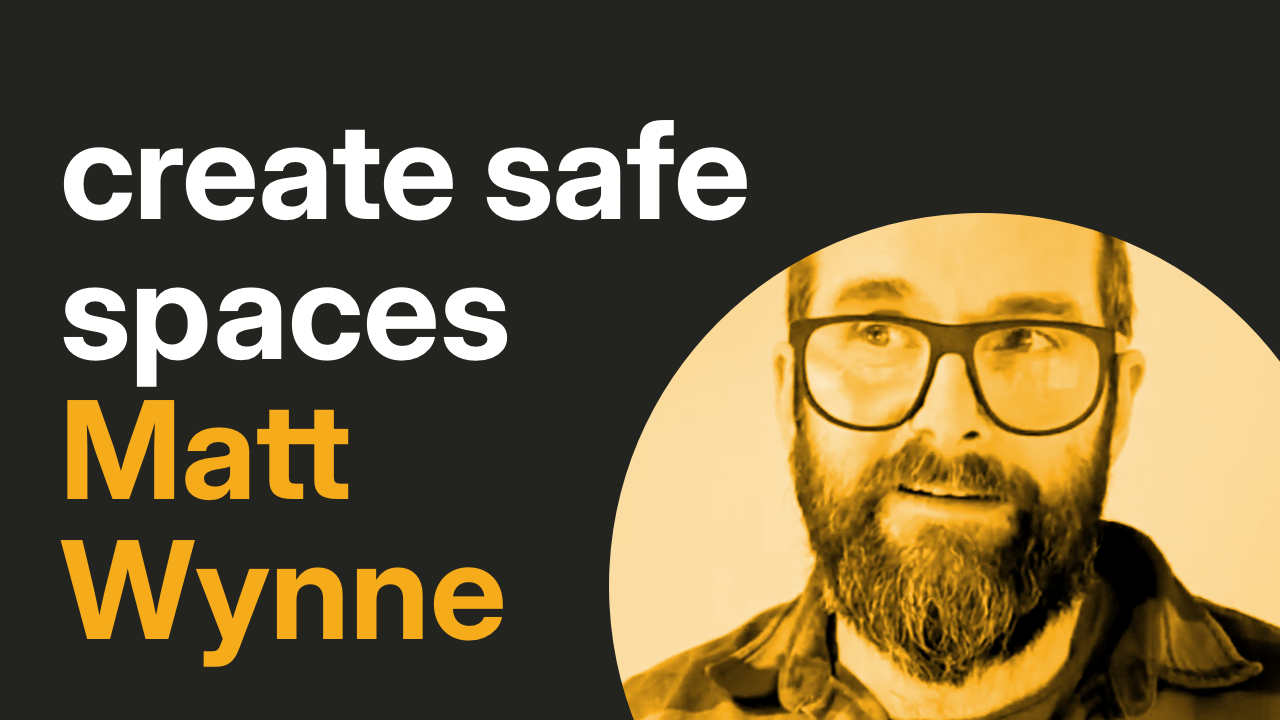
In this heartfelt and inspiring episode of 99 Dev Problems, host Tessa Kriesel chats with the multifaceted Kevin Blanco, a DevRel advocate, film enthusiast, and tech professional from Costa Rica. Kevin shares his remarkable journey from humble beginnings, discovering computers in high school, to becoming a passionate community builder and a creative force in developer advocacy.Topics covered include:Community Power: Kevin highlights how the Drupal community's generosity shaped his career and emphasizes the importance of giving back to the communities that uplift us.From Developer to Advocate: Transitioning from a 15-year tech engineering role to DevRel, Kevin discusses how his love for storytelling and creativity aligns with his work at AppSmith, an open-source low-code platform.Creative Approach to DevRel: Kevin reveals his process of blending film school storytelling techniques into developer advocacy, focusing on empathy-driven video content, user empowerment, and building meaningful partnerships.Lessons in Simplicity: The duo explore the pitfalls of overengineering and the virtues of simplicity, shedding light on practical solutions to achieve business goals.Inspiration and Uniqueness: Kevin shares profound advice on creativity, personal growth, and embracing one's unique journey, offering actionable insights for developers and tech enthusiasts at every level.Join us for this insightful conversation that bridges tech, creativity, and community, showcasing how authenticity and passion can drive both personal and professional success.Where to Find Kevin Blanco:LinkedInKevinBlanco.devYouTube
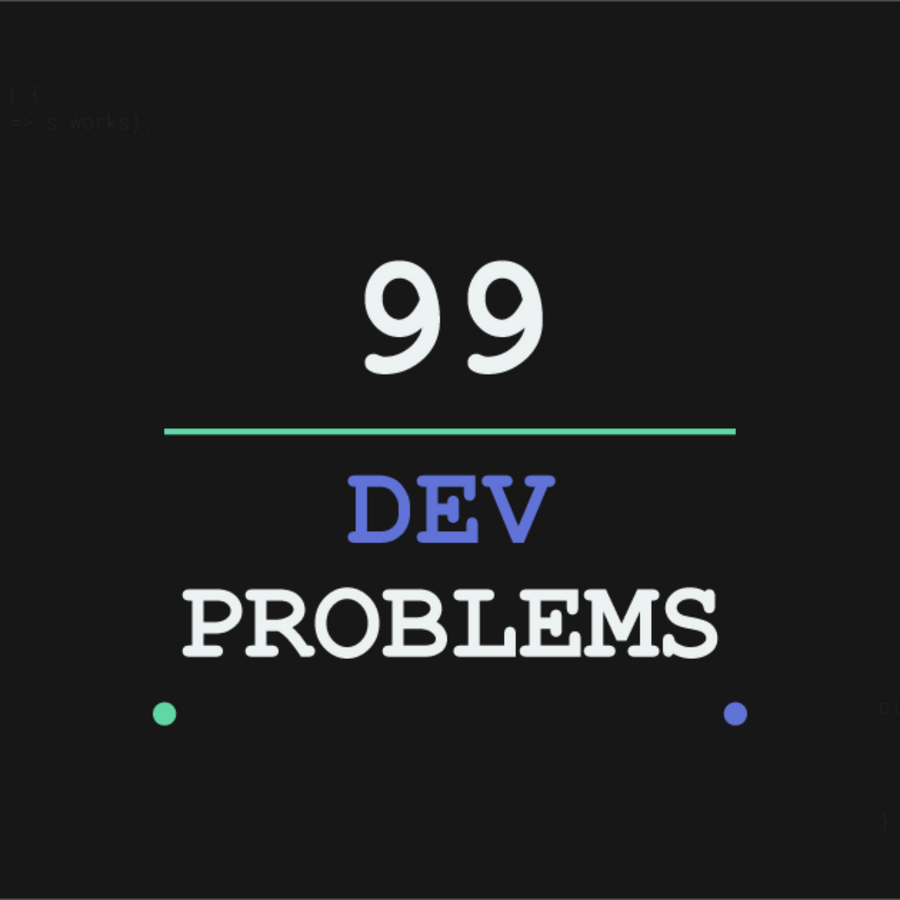
In this engaging episode of 99 Dev Problems, host Tessa Kriesel welcomes guest, Amy Dutton, a seasoned web developer with 24 years of experience. Amy shares her journey from starting web development at 16 to becoming the lead maintainer of RedwoodJS. The conversation touches on her evolution from design to development, her early career experiences, and her latest ambitious project, Build Twelve—a year-long challenge to develop 12 projects in 12 months.Amy dives deep into the tech stacks and decision-making processes behind her projects, including her experiences with Laravel and Next.js, as well as the complexities of framework development. She also discusses the challenges of balancing technical work with building and maintaining a community, particularly in her Part-Time Startup initiative.The two share insights on getting unstuck as developers, leveraging AI tools like Claude and ChatGPT, and balancing the desire for perfection with the need for progress. Amy highlights the importance of walking away when stuck and embracing tools and workflows that play to individual strengths.This episode is packed with valuable lessons for developers at every stage, from overcoming technical hurdles to balancing the human and technical aspects of community-building.Where to Find Amy DuttonTwitter/X: @SelfTeachMeWebsite: buildtwelve.com – Subscribe for project updates and insights.Podcast: Compressed.fmTune in to hear Amy’s inspiring journey and practical advice, and stay connected for future collaborations and insights!
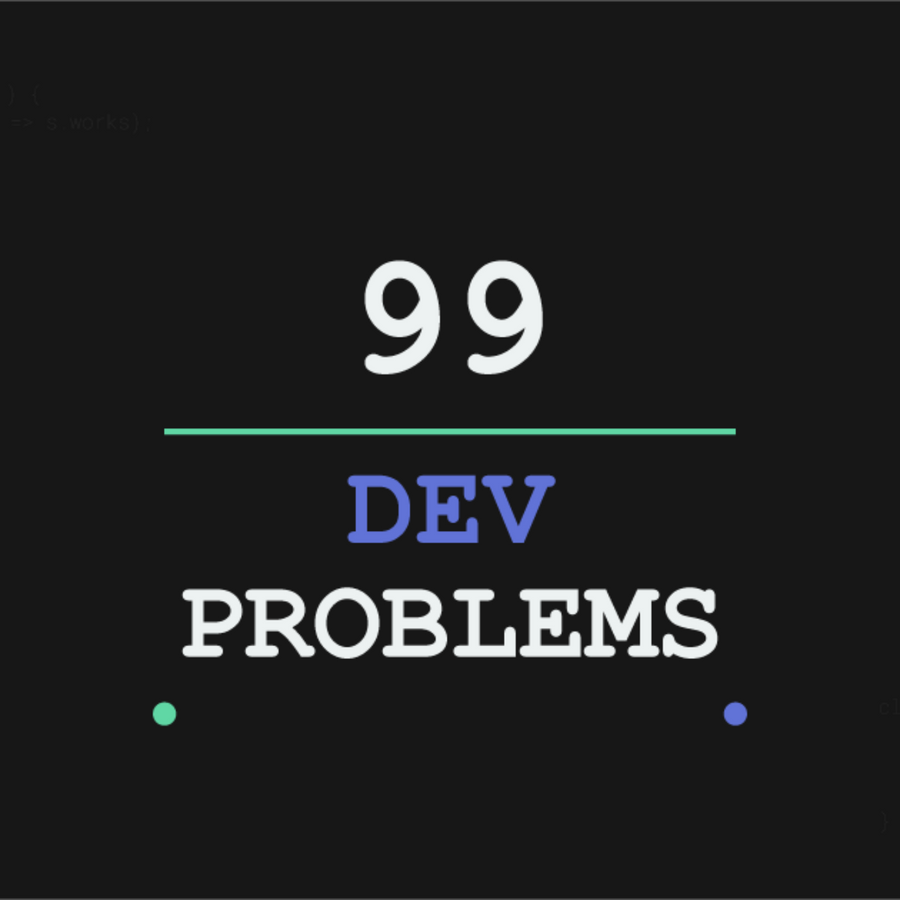
Lessons from 100+ DevTool founders - DevTools successes, failures and stories in a free weekly email and podcast.

Lessons from 100+ DevTool founders - DevTools successes, failures and stories in a free weekly email and podcast.

Lessons from 100+ DevTool founders - DevTools successes, failures and stories in a free weekly email and podcast.

Lessons from 100+ DevTool founders - DevTools successes, failures and stories in a free weekly email and podcast.

Lessons from 100+ DevTool founders - DevTools successes, failures and stories in a free weekly email and podcast.

Lessons from 100+ DevTool founders - DevTools successes, failures and stories in a free weekly email and podcast.

Lessons from 100+ DevTool founders - DevTools successes, failures and stories in a free weekly email and podcast.

Listen to Ep 294: Carey Mulligan from Off Menu with Ed Gamble and James Acaster. Three-time Oscar nominee Carey Mulligan – star of Tim Key and Tom Basden’s ‘The Ballad of Wallis Island’ – is this week’s dream guest. But can James name those nominated roles? Carey Mulligan stars in ‘The Ballad of Wallis Island’ which is in cinemas from 30 May. Off Menu is a comedy podcast hosted by Ed Gamble and James Acaster.Produced, recorded and edited by Ben Williams for Plosive.Video production by Megan McCarthy for Plosive.Artwork by Paul Gilbey (photography and design).Follow Off Menu on Twitter and Instagram: @offmenuofficial.And go to our website www.offmenupodcast.co.uk for a list of restaurants recommended on the show.Watch Ed and James's YouTube series 'Just Puddings'. Watch here.
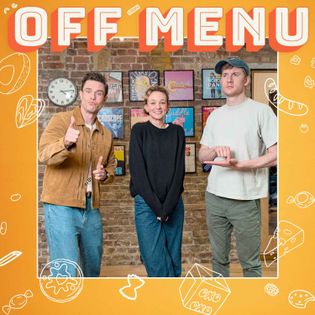
Listen to Ep 274: Andy Zaltzman (Christmas Special) from Off Menu with Ed Gamble and James Acaster. Joining us for a Christmas Special second helping is ‘Taskmaster’ champion and ‘The Bugle’ podcast, Andy Zaltzman.Andy Zaltzman is on tour now with ‘The Zaltgeist’, running until 9th May 2025 at London's Leicester Square Theatre. For full dates and tickets, visit www.andyzaltzman.co.ukFollow Andy on Twitter @ZaltzCricket Off Menu is a comedy podcast hosted by Ed Gamble and James Acaster.Recorded and edited by Ben Williams for Plosive.Artwork by Paul Gilbey (photography and design) and Amy Browne (illustrations).Follow Off Menu on Twitter and Instagram: @offmenuofficial.And go to our website www.offmenupodcast.co.uk for a list of restaurants recommended on the show.Watch Ed and James's YouTube series 'Just Puddings'. Watch here.
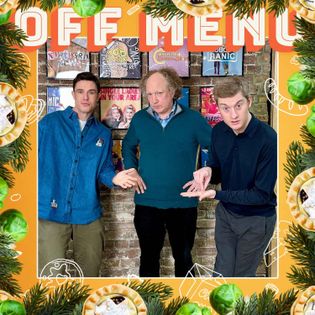

Lessons from 100+ DevTool founders - DevTools successes, failures and stories in a free weekly email and podcast.

I recently had a chat with Kairo about a project he maintains called Repository Service for TUF (RSTUF). We explain why TUF is tough (har har har), what RSTUF can do, and some of the challenges around securing repositories. The show notes and blog post for this episode can be found at

Lessons from 100+ DevTool founders - DevTools successes, failures and stories in a free weekly email and podcast.

After 25 years in tech it’s hard not to coast. Adriana has come from writing word docs for the ops team to deploy software, through Devops, and now has a focus on OTel and Kubernetes. How do we get more people from 100 to 400 levels and why is there no content in between? And why we need junior...
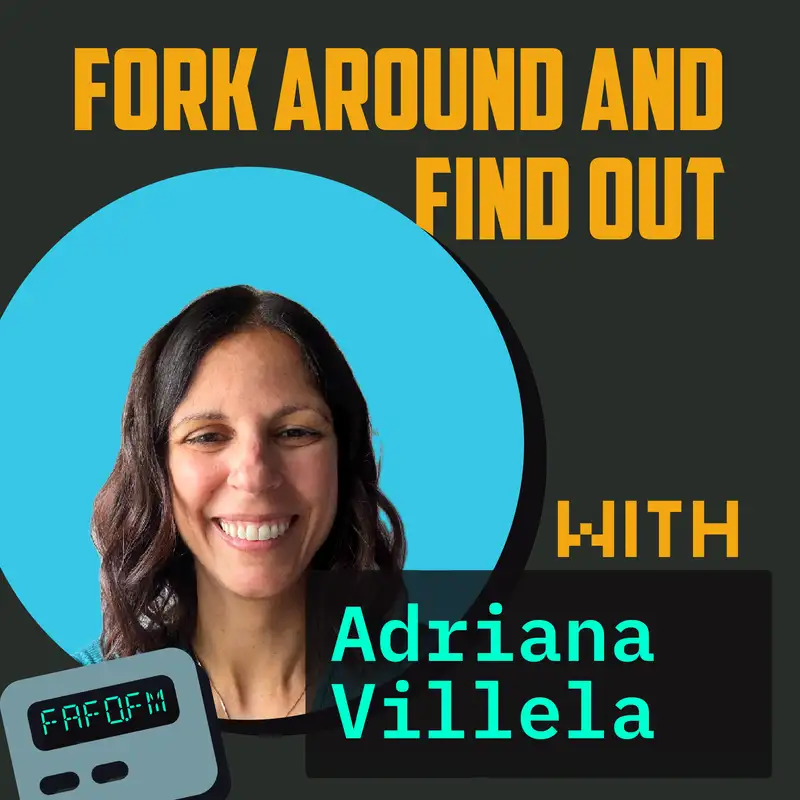
Marianne, author of Kill It with Fire, and Greg join host Richard to dive into their new paper, “10 Quick Tips for Making Your Software Outlive Your Job.”

Go Meetup in San Francisco - Sponsored by Elastic & Cup o' GoIan Lance Taylor leaves the Go teamBlog: wget to Wipeout: Malicious Go Modules Fetch Destructive PayloadBlog: Security: The Habits That Matter Most by Christoph Berger⚡ Interview with Kevin Hoffman of SparkLogsSparkLogs.comSparkLogs on...

Derek Collison — creator of NATS and Co-founder & CEO of Synadia — joins the show to dive into the origins, design, and evolution of NATS, a high-performance, open-source messaging system built for modern cloud-native systems and part of the CNCF. Derek shares the story behind NATS, what makes it unique, and unpacks th...
Sami talks with Tom Akehurst, Co-Founder of WireMock, about the delay and disconnect between front and back end development and how WireMock set out to bridge the two together.
